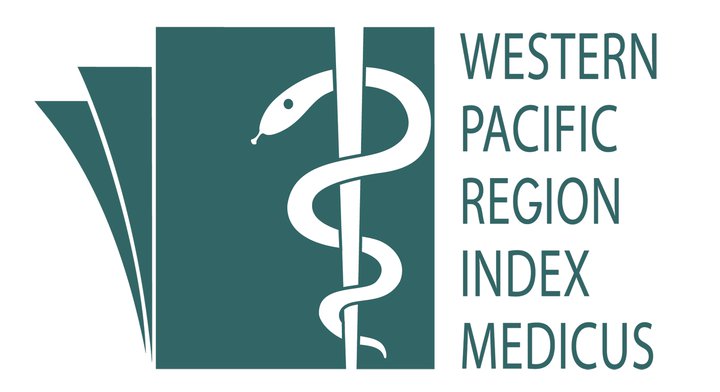Experiencing Health Care and Culture in Niigata, Japan
Abstract
In July 2010 Universiti Kebangsaan Malaysia (UKM) and Niigata University (NU) signed a memorandum of agreement to continue collaboration in joint planning and implementation of education, research and practice services in the field of medicine. Since then several undergraduate and postgraduate students including academic staffs have been visiting NU and UKM as part of their learning experience.
This collaboration is also a good opportunity for Doctor of Public Health (DRPH) postgraduate candidates to gain experience on the practice of public health in handling public health issues, planning the healthcare facilities, delivering a quality public health services, enforcing public health policies/regulations and finally learn about the health systems in general at other countries especially from developed country like Japan. The learning experience will help student to evaluate the difference of practice of public health in different countries based on their culture, availability of resources, disease trend and other factors influence the practice of public health.
Under UKM-Global Student Mobility Programme (Outbound) four DRPH candidates have chosen to conduct their field attachment in Niigata Prefecture from 13th January 2011 until 3rd February 2011, which was organized by the Niigata University School of Medicine. The 3 weeks programme covers various activities which include academic discussions and meetings, field trips, presentations and hands-on experience. The field attachment covers various programme involving governmental departments, hospitals, rural clinics, long term care centres and nursing homes. This report is based on their experience in Niigata.
Downloads
Published
How to Cite
Issue
Section
License
IJPHR applies the Creative Commons Attribution (CC BY) license to articles and other works we publish. If you submit your paper for publication by IJPHR, you agree to have the CC BY license applied to your work. Under this Open Access license, you as the author agree that anyone can reuse your article in whole or part for any purpose, for free, even for commercial purposes. Anyone may copy, distribute, or reuse the content as long as the author and original source are properly cited. This facilitates freedom in re-use and also ensures that IJPHR content can be mined without barriers for the needs of research.






